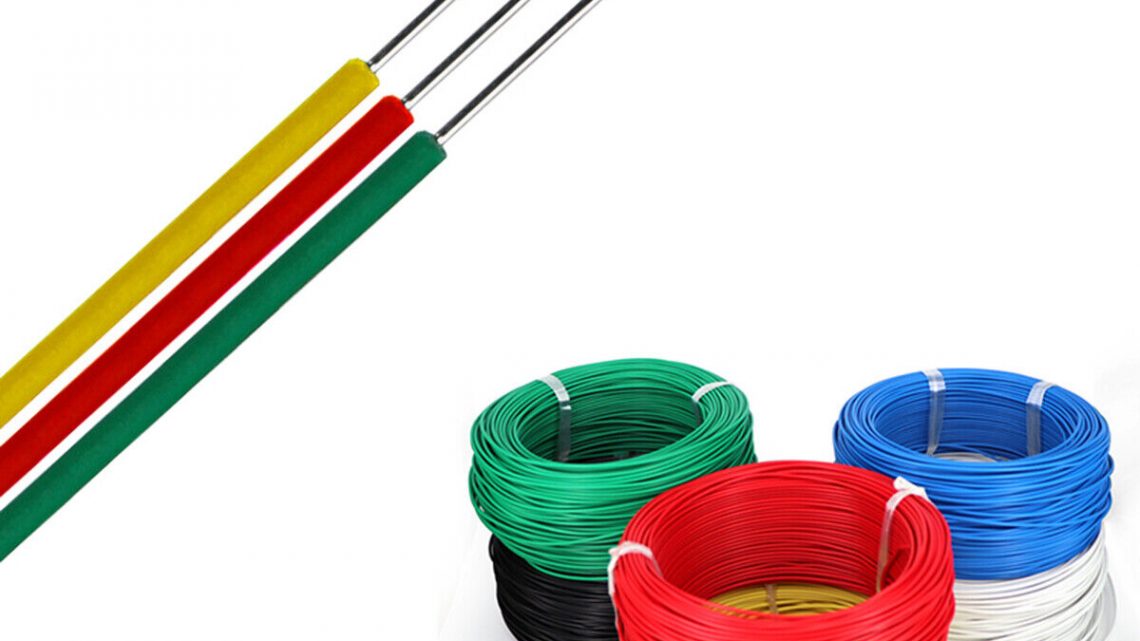
Unveiling the Best Cable Wire for Your Needs
April 1, 2024In the realm of connectivity and electrical systems, the choice of cable wire plays a crucial role in ensuring optimal performance and safety. With a myriad of options available in the market, it can be overwhelming to determine which cable wire is best suited for your specific requirements. In this comprehensive guide, we will delve into the key factors to consider when selecting the best cable wire for various applications.
- Understanding the Basics: Before delving into the specifics, it is essential to grasp the fundamental characteristics of cable wires. Factors such as conductor material, insulation type, and gauge size significantly impact the performance and suitability of a cable wire for a particular application.
- Conductor Material: Copper and aluminum are the two most common conductor materials used in cable wires. Copper is known for its excellent conductivity and durability, making it ideal for high-performance applications. On the other hand, aluminum is a more cost-effective option but may have lower conductivity and durability compared to copper.
- Insulation Type: The insulation material of a cable wire is crucial for protecting the conductors from environmental factors and ensuring electrical safety. Common insulation materials include PVC, XLPE, and rubber, each offering different levels of flexibility, temperature resistance, and durability.
- Gauge Size: The gauge size of a cable wire refers to the diameter of the conductor. Thicker gauge wires have lower resistance and can carry higher current loads over longer distances without voltage drop. It is essential to select the appropriate gauge size based on the current requirements of your application.
- Application-Specific Considerations: Different applications require specific cable wire characteristics to ensure optimal performance. For example, in high-temperature environments, silicone-insulated wires are preferred for their heat resistance. In audio systems, oxygen-free copper wires are favored for their superior signal transmission capabilities.
- Environmental Factors: Consider the environmental conditions in which the cable wire will be installed. Factors such as temperature extremes, moisture levels, and exposure to chemicals can impact the longevity and performance of the wire. Choose a cable wire with appropriate insulation and protective features to withstand these conditions.
- Certifications and Standards: When selecting a cable wire, ensure that it meets relevant industry standards and certifications for safety and quality assurance. Look for certifications such as UL (Underwriters Laboratories) or CSA (Canadian Standards Association) to guarantee the reliability of the wire.
In conclusion, the best cable wire for your needs depends on a combination of factors such as conductor material, insulation type, gauge size, application requirements, and environmental considerations. By carefully evaluating these factors and selecting a cable wire that aligns with your specific needs, you can ensure optimal performance, safety, and longevity for your electrical systems.